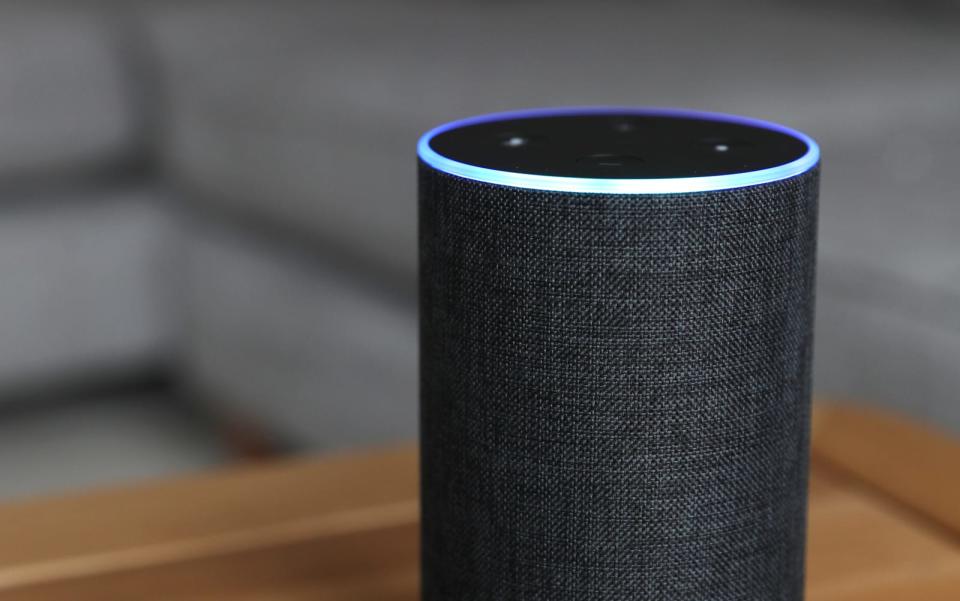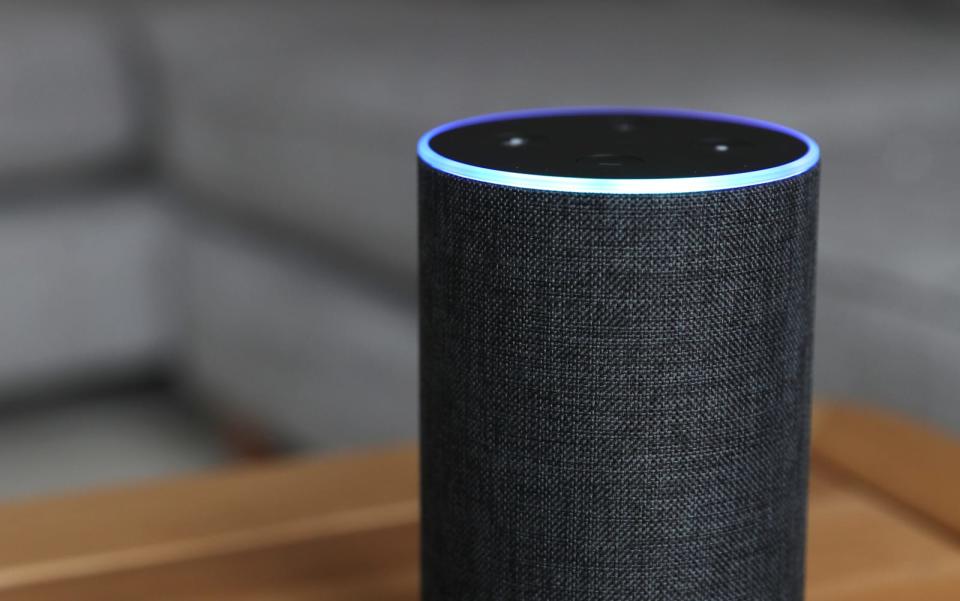Amazon asks users for help with Alexa questions it can’t answer
Now anyone can respond to your Alexa queries.
Every once in a while, an Amazon customer asks Alexa a question she can't answer. Now, Amazon thinks it has a solution. Today, it opened its Alexa Answers program to the public. According to a Fast Company exclusive, the new crowdsourcing platform will let anyone answer questions that leave Alexa stumped.
The system is a bit like Quora but for smart speakers. When Alexa can't answer a query, the question will be posted on the Alexa Answers platform. Anyone who wishes will be able to submit an answer, which Alexa will relay to the questioner. Alexa will note that the answer is "according to an Amazon customer."
Amazon began testing Alexa Answers last year, but until now, the program has been invite-only. Today, the company opened it to the public. Anyone who wants to answer questions will visit the website, where they'll find pending queries and be able to answer in 300 characters or less. To incentivize answers, Amazon will reward contributors with points and allow them to compete for "top contributor status."
As Fast Company points out, Google can pluck answers to offbeat questions from the billions of pages in its search engine. Amazon doesn't have that ability, so it licenses data from hundreds of sources and determines the best response using a machine learning algorithm. For the questions that remain, it's ready to turn to crowdsourcing. Bill Barton, Amazon's vice president of Alexa Information, compares Alexa Answers to Amazon's product reviews. "It's just part of Amazon's DNA to engage our community of users in helping to provide more information for customers who are asking questions," he told Fast Company.
To keep the trolls at bay, Amazon says it's using automated filters to block profanity and it will try to avoid questions with a political angle. It will rely on an up-vote, down-vote system to sift quality answers, and it will use human moderators, though it's not clear how many it will hire or how often they'll review queries and responses.
"We're leaning into the positive energy and good faith of the contributors, and we use machine learning and algorithms to weed out the noisy few, the bad few," Barton told Fast Company. "But we're not going to suppress the magical experience we can give to 99 customers because one person had something different in mind."
The program might also concern users who weren't comfortable with Amazon employees listening to their audio recordings. While Alexa Answers won't intentionally gather any personal information or record audio, it may feel a bit odd to have random users vetting your questions. Time will tell if Amazon's optimism can hold.


